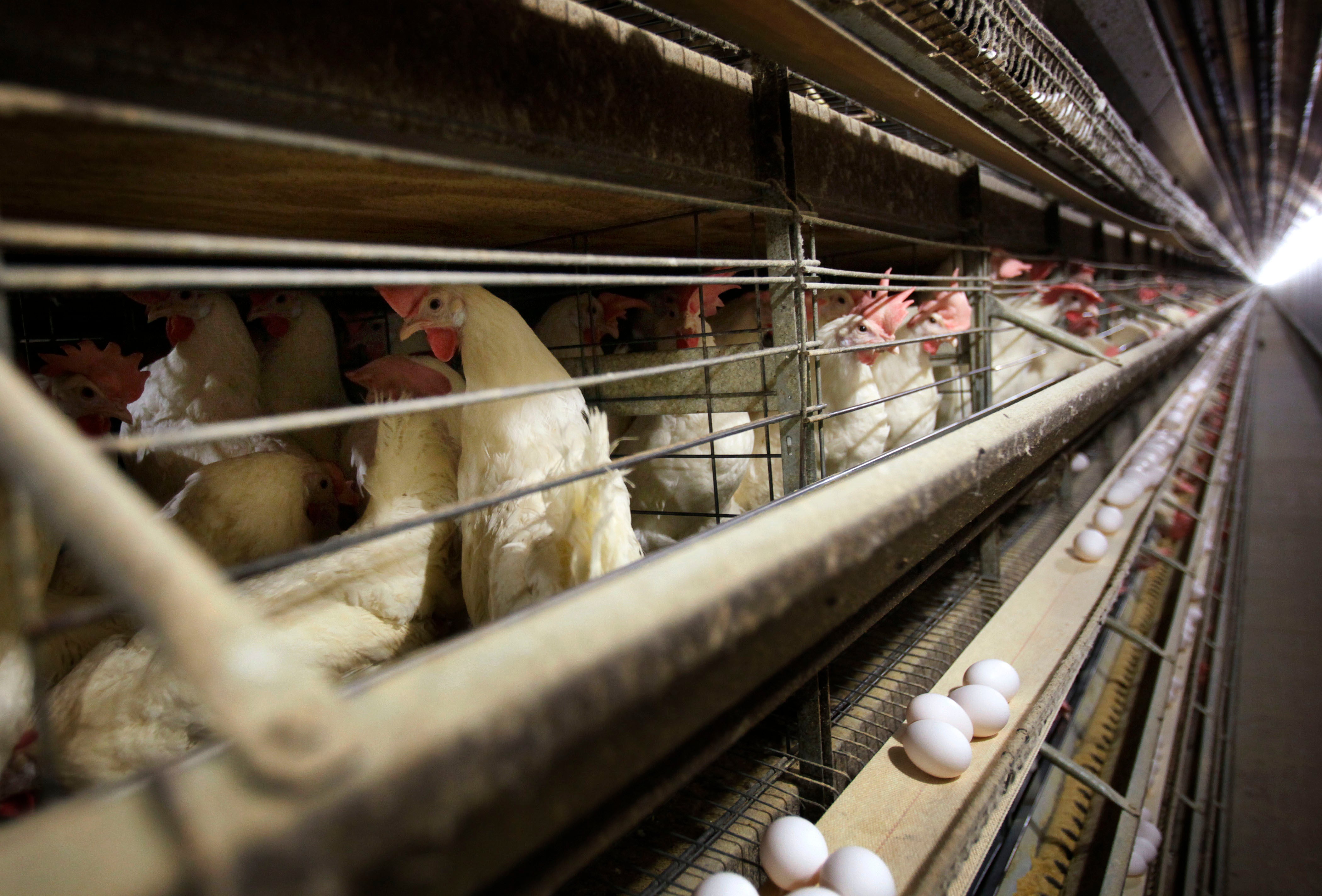Colorado Bird Flu

The Colorado bird flu outbreak continues to spread, affecting several counties and causing concern among poultry farmers and wildlife officials. The highly pathogenic avian influenza (HPAI) H5N1 strain has been detected in both domestic and wild birds, prompting state and federal agencies to implement containment measures.
As the Colorado bird flu outbreak continues to spread, it’s worth noting that the Vance family, like many others in rural America, relies heavily on poultry farming for their livelihood. The JD Vance family , in particular, has been vocal about the challenges they face due to the outbreak, highlighting the impact of the virus on the lives of ordinary Americans.
Affected Areas and Species, Colorado bird flu
As of [date], the bird flu has been confirmed in backyard flocks and commercial poultry farms in Weld, Boulder, Larimer, and Jefferson counties. Infected wild birds have also been found in several areas across the state, including waterfowl, raptors, and songbirds.
Containment Measures
To prevent the further spread of the virus, state and federal officials have implemented a range of containment measures, including:
- Quarantining infected flocks and euthanizing affected birds
- Restricting the movement of poultry and poultry products
- Enhanced biosecurity measures on farms and in backyard flocks
- Surveillance and testing of wild birds
Potential Impact
The bird flu outbreak poses a significant threat to the poultry industry in Colorado. Infected flocks must be euthanized, resulting in economic losses for farmers. Additionally, the virus can spread to wild birds, potentially disrupting local ecosystems and affecting bird populations.
As the Colorado bird flu outbreak continues to spread, it’s important to remember the role that airlines play in the potential spread of the virus. Delta Airlines recently made headlines for its decision to display the Palestinian flag on its aircraft, a move that has sparked controversy and raised questions about the company’s political stance.
However, it’s crucial to keep the focus on the bird flu outbreak and the importance of taking precautions to prevent its further spread.
Transmission and Prevention

The bird flu virus is primarily transmitted through contact with infected birds or their bodily fluids. High-risk areas include poultry farms, live bird markets, and areas where wild birds congregate. To prevent the spread of the disease, biosecurity measures are crucial for poultry farmers, including regular cleaning and disinfection of facilities, proper waste management, and restricted access to poultry.
For the general public, practicing good hygiene is essential. Avoid contact with sick or dead birds, and wash hands thoroughly after handling poultry or poultry products. Report any suspected cases of bird flu to veterinary services promptly, as early detection and control are vital in containing the disease.
Biosecurity Measures for Poultry Farmers
- Regular cleaning and disinfection of poultry houses, equipment, and vehicles
- Proper waste management to prevent contamination of water sources
- Restricted access to poultry farms, with designated entry and exit points
- Use of protective clothing and footwear when handling poultry
Hygiene Guidelines for the Public
- Avoid contact with sick or dead birds
- Wash hands thoroughly after handling poultry or poultry products
- Cook poultry products thoroughly to kill any potential virus
- Avoid consuming raw or undercooked poultry products
Importance of Reporting Suspected Cases
Prompt reporting of suspected bird flu cases is crucial for effective disease control. Veterinary services play a vital role in investigating and confirming cases, implementing control measures, and preventing further spread.
Public Health Implications: Colorado Bird Flu

Bird flu, also known as avian influenza, poses a significant risk to human health due to its potential to cause severe respiratory illness. While most human infections with bird flu viruses have been mild, some strains have been associated with severe disease and even death.
Symptoms of Bird Flu in Humans
Symptoms of bird flu in humans can range from mild to severe and may include:
- Fever
- Cough
- Sore throat
- Muscle aches
- Headache
- Fatigue
- Diarrhea
- Vomiting
- Shortness of breath
In severe cases, bird flu can lead to pneumonia, respiratory failure, and organ failure.